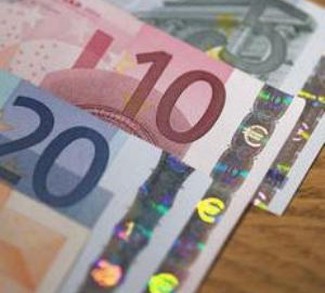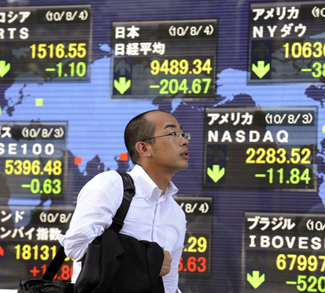Ireland’s recent Quarterly National Household Survey may be evidence that happiness and economic hardship are not always mutually exclusive. The survey demonstrates that despite the deepening recession, record unemployment, and falling living standards; as many as four out of five Irish respondents answered to be happy all or most of the time. This brings to mind other countries’ growing interest in quantifying populations’ overall wellbeing.
The most known case of measuring happiness occurred in 1972, when Bhutan’s king, Jigme Singye Wangchuck, decided he would rather measure the country’s Gross National Happiness (GNH), instead of the traditional Gross Domestic Product (GDP).
Wangchuk believed GDP only showed the amount of monetized commerce in a country; which counted externalities such as the costs of security, police, and pollution as positive contributions to commerce. By using GNH, Wangchuk looked to deduct such negative spillovers, and add in positive externalities – such as volunteer work or unpaid domestic work – in order to create an overall wellbeing indicator.
Wangchuk’s idea of creating a Happiness Index was not without purpose. Currently, countries like Canada, Australia, China, France and the United Kingdom are trying to create similar national indexes in an attempt to measure people’s happiness, wellbeing, quality of life, and life satisfaction.
But how does one go about measuring happiness? Although there is a discipline called Happiness Economics – which address the quantitative study of happiness; it remains fairly difficult to standardize and objectively measure happiness. Generally, a simple way to measure it is by creating national household surveys, and to include questions regarding employment satisfaction, health, and other happiness related concepts for populations to answer. Unfortunately, this is where the major critique lies for further developing GNH; and the overall discipline of Happiness Economics itself.
Countries have been known to use national surveys concerning wellbeing and happiness to advance their own political agendas. A stellar example of this is North Korea, a country with one of the poorest populations in the world. In June’s “Global Happiness Index” report, North Korea ranked China no. 1 on the happiness scale, itself no. 2, and Cuba, Iran and Venezuela (in that order) no. 3, 4, and 5. Of course, United States ranked last.
As previously mentioned, Ireland’s recent results on overall happiness may have been a pleasant surprise in these tough economic times. However, one should not take these results at face value. Perhaps it is just a sign people are trying to make the best out of the cards they have been dealt with; or perhaps, it shows that economic indicators, like GDP, are not always perfect. New standardized global indexes should be formulated to include non-monetary wellbeing, and ensure a certain level of internationally recognized objectivity.
Silvia Fornoni is a contributor to Geopoliticalmonitor.com



